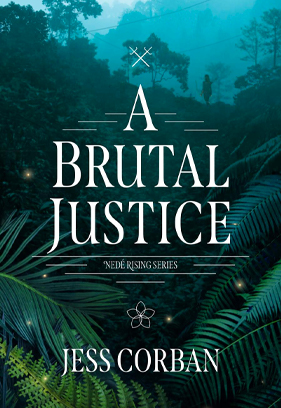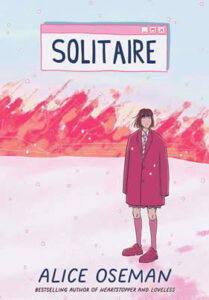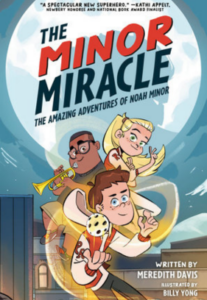Nedé has a new apprentice Matriarch. And though the next in line for that ruling position will be a woman named Jamara—a terrible, brutish individual whom pretty much nobody can stand—for Reina Pierce, this woman’s ascension comes as almost a relief. That’s because it won’t be her in that position. Reina had been forced to be a candidate in the Matriarch-replacing program, but she was thankfully passed over for the job. Phew!
Now she can put the domineering demands of her grandmother, the current Matriarch, behind her. And that should also mean that Reina can become part of the Alexia: a group of powerful, leather-clad young women who ride sleek black horses and keep the peace with swords and arrows. That warrior’s life won’t be easy by any stretch; but compared to the painful quagmire of her grandmother’s power-driven world, it’ll seem like a vacation.
There’s only one thing that still weighs heavily on Reina’s heart. Well, two things, actually.
First, there’s the fact that during the candidate program, Reina was forced by her grandmother to kill someone very dear to her. And that death is the most painful thing she’s ever had to endure.
The second weight Reina bears, however, is nearly as heavy. She learned a horrible secret in the midst of the candidate program. She always thought that the “Gentle” men in the world—those fragile individuals who serve and care for the women in their female-ruled society—came naturally by their roles. But Reina found out that isn’t true. Those men are all forced into their weakened, servile state by a female hierarchy that has chosen to chemically alter the DNA of every male child just after birth.
It’s a horrible injustice that most women don’t realize is actually happening. Yes, the Brutes that men used to be (and that some whisper still live on the outskirts of civilization) were horrible beasts who perpetrated violence against women. But is this systemic injustice against men any better?
More importantly for Reina, however, is the question: Can she stay quiet and live with that ugly truth? She’s actually met some of the Brutes living in the Jungles outside the city (another secret she’s kept). And though some were terrible … others were kind. And one young Brute, named Rohan, makes Reina think and feel strange things that women no longer deal with in the asexual world of Nedé.
Reina Pierce is a young woman at odds with herself and with everything she’s ever known. She knows she must make some kind of decision—soon! But the truth is, if she follows her heart, she’s not sure what she’ll even do.











